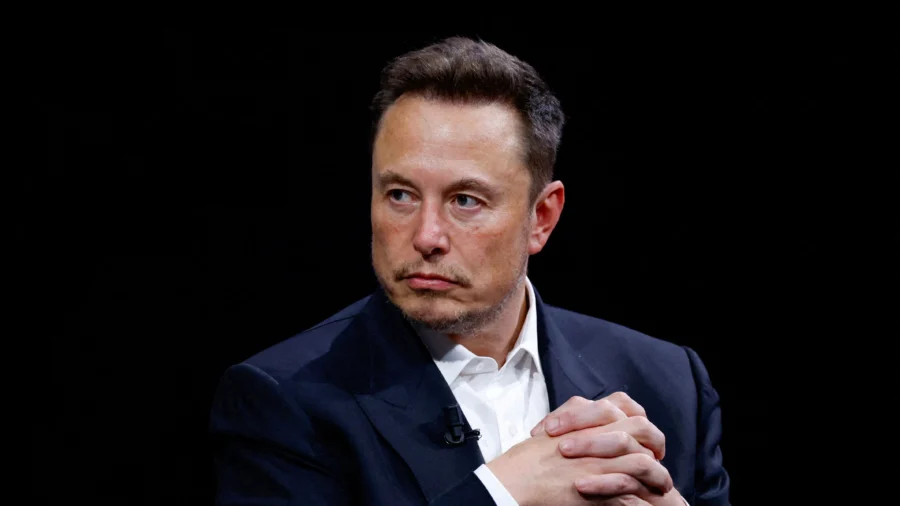Tesla CEO and billionaire investor Elon Musk has denied reports published by Reuters that the electric car company has scrapped plans to develop new low-cost models.
Reuters first reported on Friday, citing three unnamed officials “familiar with the matter” and alleged company messages, that Tesla had abandoned a multi-year goal to bring a line of entry-level vehicles to the market, known as the Tesla Model 2.
Costs for this new line of Tesla cars would have reportedly started at about $25,000. Tesla’s current cheapest offering, the Model 3 sedan, currently goes for around $39,000. Reuters reported Tesla had dropped the Model 2 plans, opting instead to focus on developing self-driving robotaxis.
Reuters reported the alleged decision to scrap the low-cost electric vehicle line was discussed during a company meeting attended by scores of employees in late February, with subsequent messages shared around the company in March.
“Elon’s directive is to go all in on robotaxi,” one of Reuters’ sources is reported to have said.
The Model 2 project was reportedly referred to as NV91 internally and as H422 externally.
One of the messages shared with Reuters states, “suppliers should halt all further activities related to H422/NV91.”
Reuters reported it had reached out to Tesla for an official comment but that the electric vehicle maker did not respond before the article was published.
Mr. Musk responded to the reporting by Reuters on Friday morning, on his X social media platform, writing, “Reuters is lying.” He did not elaborate further but has shared a subsequent X post saying “Reuters is dying.”
Another X poster speculated that Tesla’s Model 2 and “robotaxi” projects would be based on the same platform, and that Tesla is simply shifting attention to the taxi and the development of full self-driving (FSD) technology for the time being. Mr. Musk responded to that post with an eyeballs emoji but still did not offer a more fulsome response to Reuters’ reporting or Tesla’s future plans.
NTD News reached out to Tesla to address the conflicting claims by Reuters and Tesla’s CEO, but did not receive a response by press time.
Tesla Stock Dips
The Reuters article about the alleged Tesla Model 2 cancellation comes the same week Tesla reported a decline in deliveries for the first quarter of the year. Tesla said factory shutdowns resulting from shipping disruptions in the Red Sea, and an arson attack at the Tesla Gigafactory in Berlin, had contributed to this decline in deliveries.
Shares of Tesla stock fell on Friday as Reuters first published its article about the alleged decision to scrap the low-cost electric vehicle production. Tesla’s stock prices recovered somewhat on Friday afternoon after Mr. Musk said “Reuters is lying.”
US Automakers Bracing For Chinese Competition
Competition has been growing in the electric vehicle market in recent years.
Some U.S. EV makers are now starting to fret about the rise of Chinese entries into the market.
Carlos Tavares, the CEO of Stellantis N.V.—a Chrysler subsidiary—said in an interview with Bloomberg in February that the potential entry of low-cost Chinese EVs in the international market, combined with efforts to phase out traditional internal combustion engine vehicles will pose “an existential problem” to automakers that haven’t yet developed competitively priced EV options.
Even Mr. Musk has expressed concerns about Chinese EV makers beating their global competitors.
Chinese automaker BYD currently markets an electric vehicle, known as the Seagull, for around $11,000.
While Tesla reported a decline in deliveries this week, BYD reported its EV sales in the first quarter of 2024 were up 13 percent over last year.

